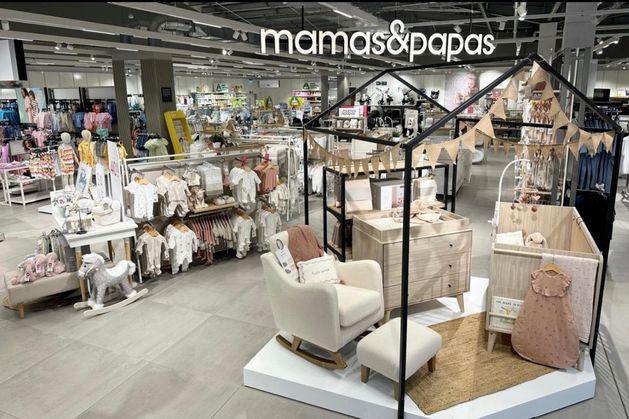Bussiness
Wide gaps in education levels for workers in Northern Ireland and Republic – ESRI
:quality(70)/cloudfront-eu-central-1.images.arcpublishing.com/irishtimes/P7S4E235J7XO5ZFVWWGG7YI7DU.jpg)
Workers in Northern Ireland are more likely to be poorly educated, to earn low pay and to face greater difficulties getting work if they are women with children, older women, or lone parents, according to new research.
Comparing the workforce north and south of the border, the Economic and Social Research Institute noted that better-educated workers in both jurisdictions enjoy “strong protection” against being stuck in low-pay jobs.
The study, which draws on 2022 data by the ESRI, particularly sheds light on the gaps between male and female participation in the workforce north and south of the border and is funded by the Department of the Taoiseach’s Shared Island unit.
Working from home became far more popular in the Republic during and after the Covid pandemic, with 25 per cent of women and men doing so south of the border, but just 14 per cent of women and 19 per cent of men in Northern Ireland working “mainly from home”.
Women in Northern Ireland were less likely to do so, said the researchers, because they are over-represented in jobs in health, education and front-line public administration and in part-time jobs.
The gender inequalities are explained by longer free preschool care south of the border, the greater degree of tax individualisation in Northern Ireland, along with “differences in the generosity of welfare payments, especially for larger families” in the Republic.
“Benefits for larger families are significantly lower in Northern Ireland. However, given the constraints that mothers with more children face, such as childcare, it is unlikely that this will greatly impact on work incentives,” said the ESRI.
Seventy-two per cent of women in Northern Ireland are working, compared with 76 per cent in the Republic, while 81 per cent of men in the North are employed, compared with 88 per cent in the South.
Education standards are improving in both jurisdictions, but the proportion of working-age people in Northern Ireland holding degrees and postsecondary qualifications is significantly lower.
The differences are stark. Thirty-nine per cent of working men in the South hold degrees, or above, while 22 per cent have some form of postsecondary qualification, with just 39 per cent educated to secondary, or below standards.
However, just 24 per cent of working men in Northern Ireland hold degrees, or above, while only 11 per cent have postsecondary qualifications. As much as 65 per cent of NI working men had secondary, or below education.
For women, the situation is, in some ways, even more stark. Forty-four per cent of working women in the South have degrees, or above, a quarter have postsecondary qualifications, while 31 per cent have secondary, or below education.
In Northern Ireland, however, just 29 per cent of working women have degrees, or above, just 14 per cent have postsecondary qualifications, while 31 per cent never got beyond secondary school.
“This has substantial consequences for workers in Northern Ireland,” the report warns, saying that “significant improvements” in NI education are needed to bring about large-scale change.
However, better lifelong learning and training could help to plug some of the gaps, according to the report, and could play an important role in enhancing job quality among women (and indeed men), an issue highlighted by policy stakeholders.
People in the South work longer hours, while women are much more likely in both jurisdictions to be the ones doing part-time work, though this outcome is exaggerated in the North because of the lack of preschool care, welfare, etc.
Professionals and managers in both jurisdictions “typically have higher wages, prestige, greater security, and better career prospects”, though a majority are likely to be men since women in both jurisdictions are less likely to occupy such roles.
“The effect of having a degree or above is especially strong in (the Republic), particularly for men,” says the report, “Gender and labour market Inclusion on the island of Ireland”, which will be launched today by Minister of State Roderic O’Gorman.










